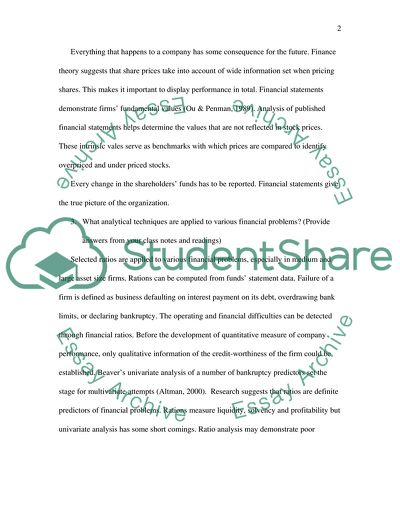Cite this document
(“Managing Financial Systems in the Hospitality Industry Essay”, n.d.)
Managing Financial Systems in the Hospitality Industry Essay. Retrieved from https://studentshare.org/finance-accounting/1539369-managing-financial-systems-in-the-hospitality-industry
Managing Financial Systems in the Hospitality Industry Essay. Retrieved from https://studentshare.org/finance-accounting/1539369-managing-financial-systems-in-the-hospitality-industry
(Managing Financial Systems in the Hospitality Industry Essay)
Managing Financial Systems in the Hospitality Industry Essay. https://studentshare.org/finance-accounting/1539369-managing-financial-systems-in-the-hospitality-industry.
Managing Financial Systems in the Hospitality Industry Essay. https://studentshare.org/finance-accounting/1539369-managing-financial-systems-in-the-hospitality-industry.
“Managing Financial Systems in the Hospitality Industry Essay”, n.d. https://studentshare.org/finance-accounting/1539369-managing-financial-systems-in-the-hospitality-industry.


